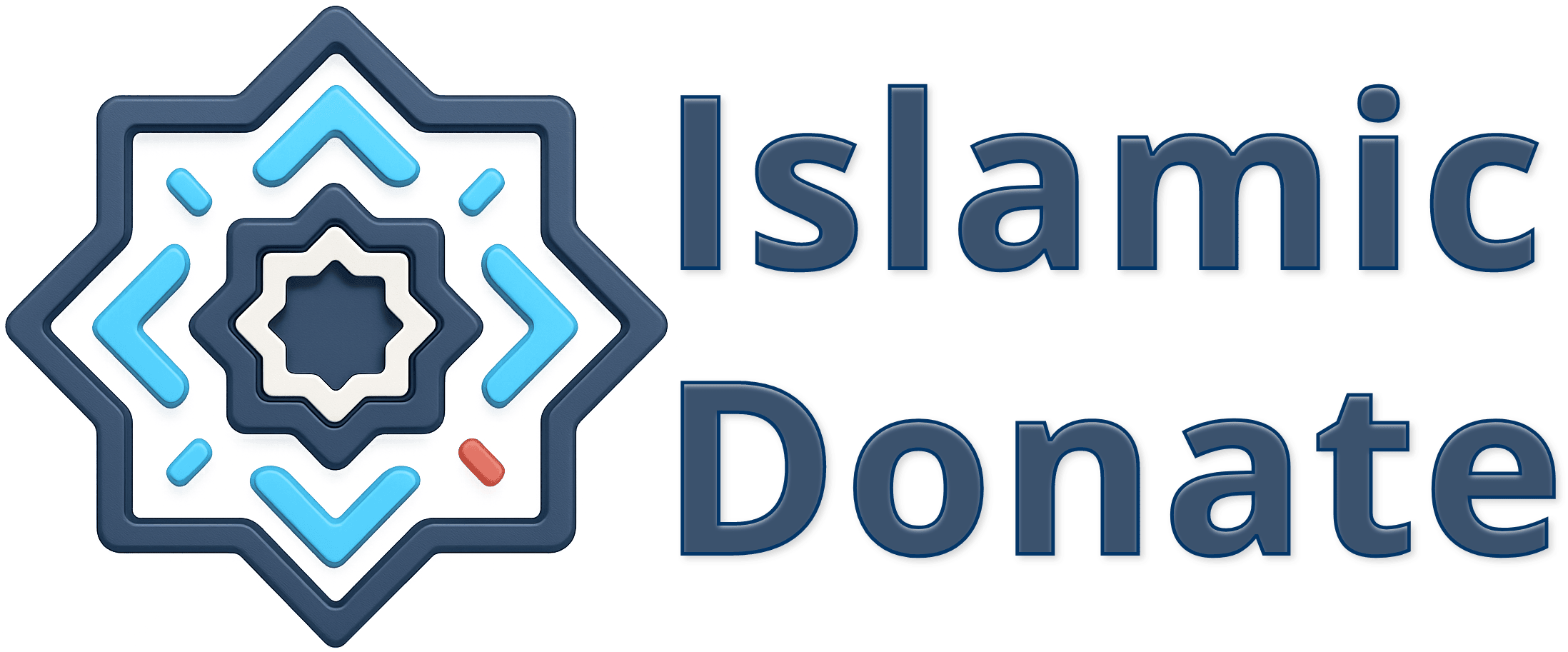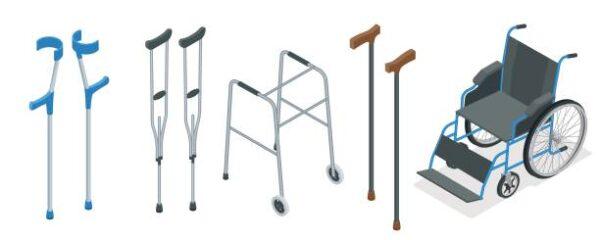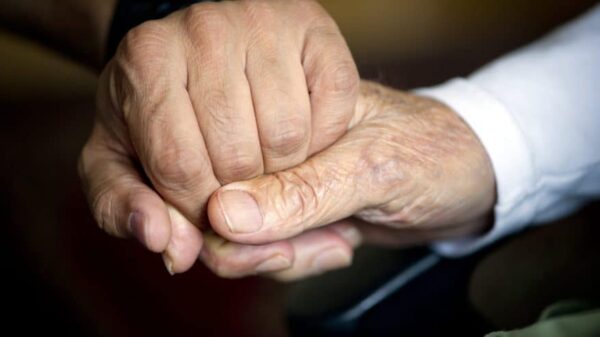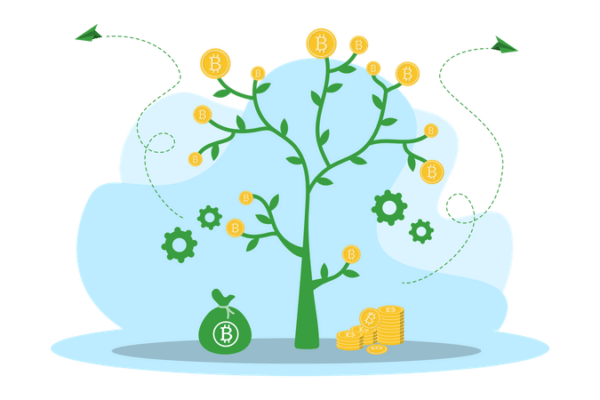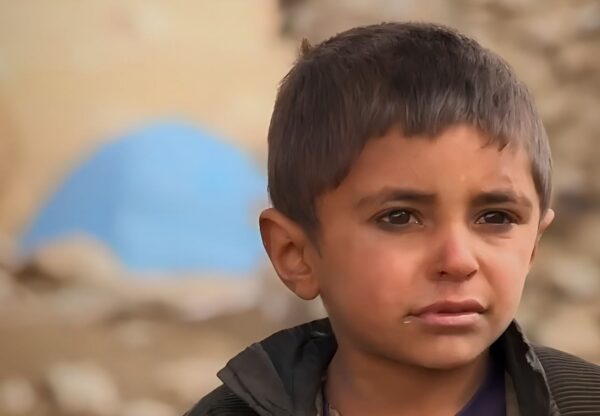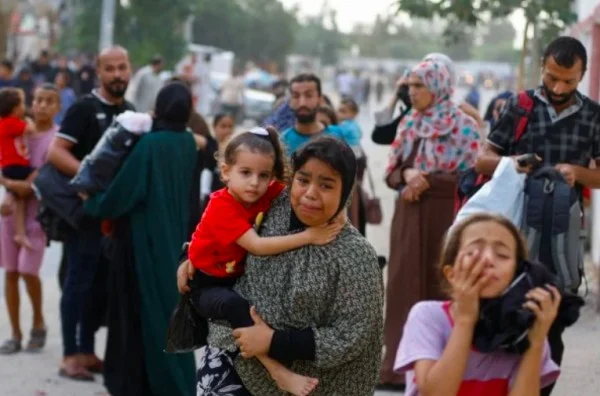Food Raw Materials: The Building Blocks of Human Life
In our daily lives, we often take for granted the food we eat without realizing the journey it takes from farm to table. Raw materials, the basic substances used to produce food, play a vital role in this journey. These raw materials are the foundation of everything we consume and are indispensable to human life. This article will categorize and elaborate on the fundamental types of food raw materials.
Cereal Grains
Cereal grains are the world’s largest single food-source, providing more food energy and protein than any other type of crop. These include wheat, rice, corn, barley, oats, rye, and millet, among others. Cereal grains are processed into a range of products like bread, pasta, breakfast cereals, and even alcoholic beverages.
Fruits and Vegetables
Fruits and vegetables are crucial raw materials, providing an array of essential vitamins, minerals, and dietary fiber. They are consumed in their natural state or transformed into various products such as juices, jams, canned fruits, frozen vegetables, and sauces.
Legumes
Legumes, including beans, peas, lentils, and chickpeas, are valuable raw materials used in various dishes worldwide. They are rich in protein, fiber, and several vitamins and minerals, making them a key ingredient in many vegetarian and vegan diets.
Dairy
Milk, an essential raw material, is the basis of a multitude of dairy products including cheese, butter, yogurt, and ice cream. Dairy products are a primary source of calcium and vitamin D in many diets.
Meat and Poultry
Meat and poultry serve as significant raw materials in the food industry. Chickens, cows, pigs, and sheep are the most common sources. These raw materials are used to create a variety of foods, from simple steaks and roasts to processed foods like sausages and deli meats.
Fish and Seafood
The ocean provides a bounty of raw materials, including fish and other seafood. These are used in their whole form or processed into products like canned tuna, smoked salmon, and fish sticks.
Sweeteners
Sweeteners, from natural sources like sugar cane and bees (honey) to more processed forms like high fructose corn syrup, are essential raw materials in the food industry. They are used to sweeten a variety of foods and beverages.
Oils and Fats
Oils and fats, derived from plants and animals, are used extensively in cooking and food processing. They provide texture, flavor, and a sense of satiety. Examples include olive oil, butter, lard, and palm oil.
Spices and Herbs
Spices and herbs, though used in relatively small quantities, are vital raw materials that add flavor and complexity to dishes. They range from common seasonings like salt and black pepper to more exotic spices like turmeric and saffron.
Food raw materials are the building blocks of the food we consume and play an indispensable role in our diets. Understanding these raw materials and how they are processed can provide invaluable insights into our food system and help us make more informed dietary choices. It’s crucial to remember that while these raw materials are essential, it’s the quality, balance, and preparation of these foods that ultimately determine their impact on our health. Always aim for a diverse and balanced diet for optimal health.

